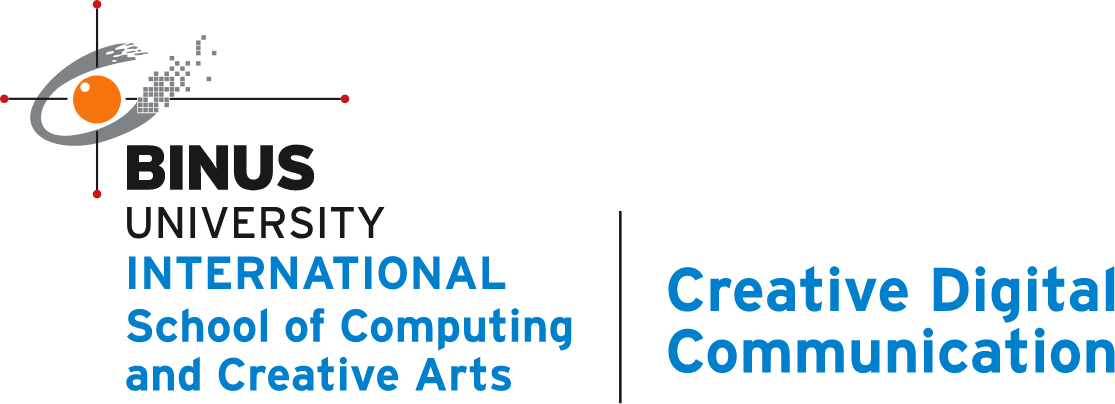Will Artificial Intelligence Replace Strategic Communication Practitioners?

Of course not! While it’s true that Artificial intelligence (AI) has the advantage of processing vast amounts of knowledge, it’s important to remember that it’s not infallible. There are certain aspects, such as understanding context and emotions, that AI still struggles with.
Understanding a context can be challenging for AI since machines cannot rely on textual information alone. let’s take a moment to appreciate the work of professionals who create stunning imagery through photos and videos. While many AI tools can achieve similar results, it’s important to remember that they rely primarily on historical data. In contrast, human professionals need to conduct thorough research to ensure that they get the facts right and that the imagery fits the context. For instance, fashion professionals must consider more than just the perfect text prompt to get the style right.
Next, the ability of humans to actively engage with questions and utilize emotions may not be something that AI can do. As communication practitioners, we must collaborate with others to ensure that messages are effectively conveyed. All of this requires human effort, which machines may be unable to deliver. This underscores the significance of our role in the communication process, as listening is a two-way process where AI will not be able to do this.
My favorite discussion on this topic is that AI cannot create an event. The machine might be able to provide you with some ideas, but might they not be able to make an event happen? This limitation of AI underscores the unique capabilities of strategic communication practitioners, reassuring us of our irreplaceable role in event creation. I know you can use robots to serve the food, help with the registration, or distribute the merchandise. However, the objective of coming to an event is face-to-face interaction with another human being.
While AI may be a powerful tool, it cannot replace the creativity, context, and emotional intelligence that human strategic communication practitioners bring to the table. The future of strategic communication will undoubtedly involve working alongside AI, but our unique human capabilities will continue to drive success. Our ability to actively engage with questions, collaborate with others, and create events are all critical aspects of our profession that cannot be replicated by machines.

